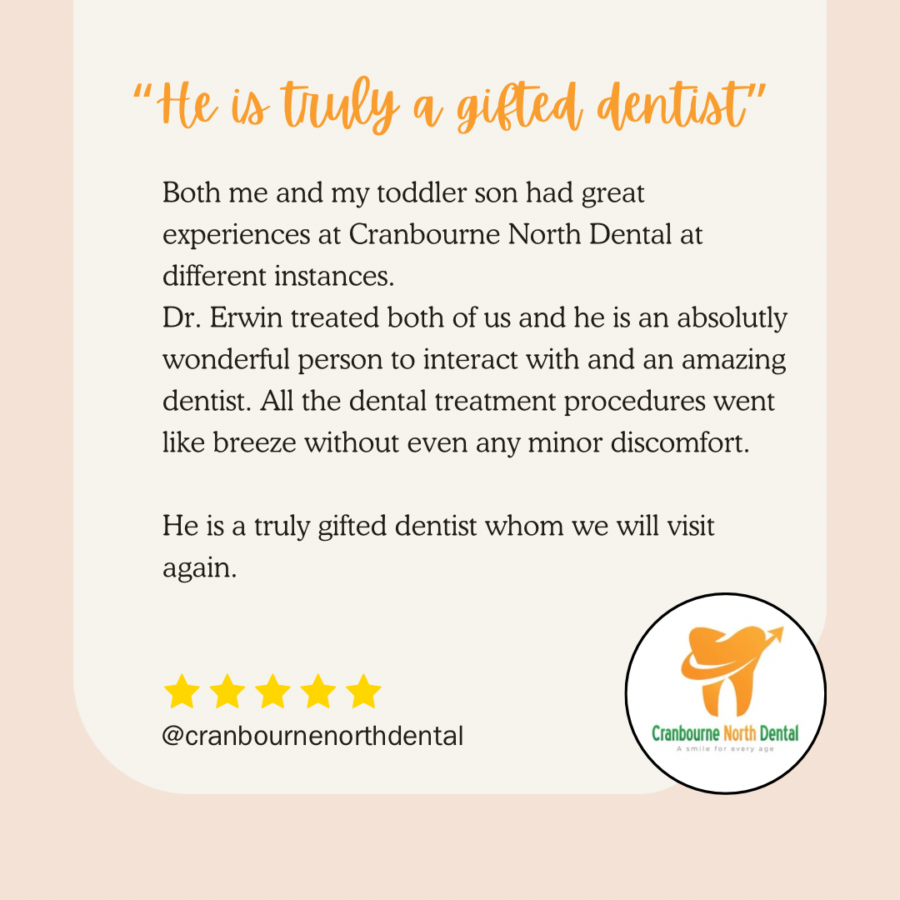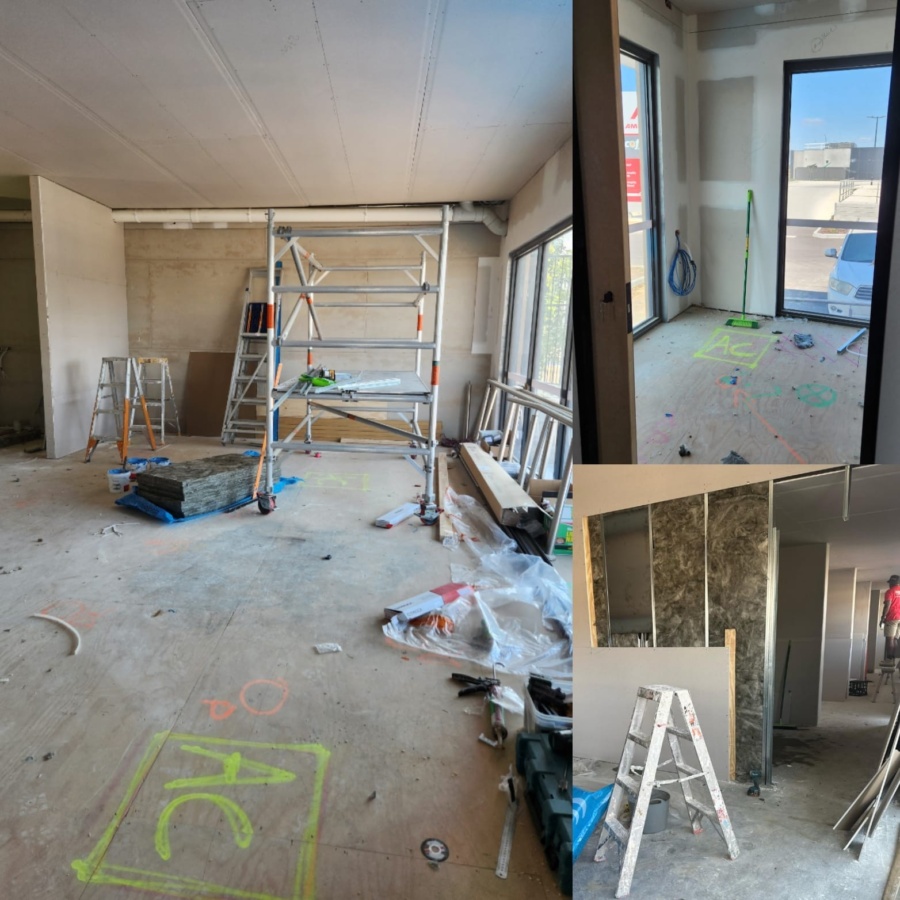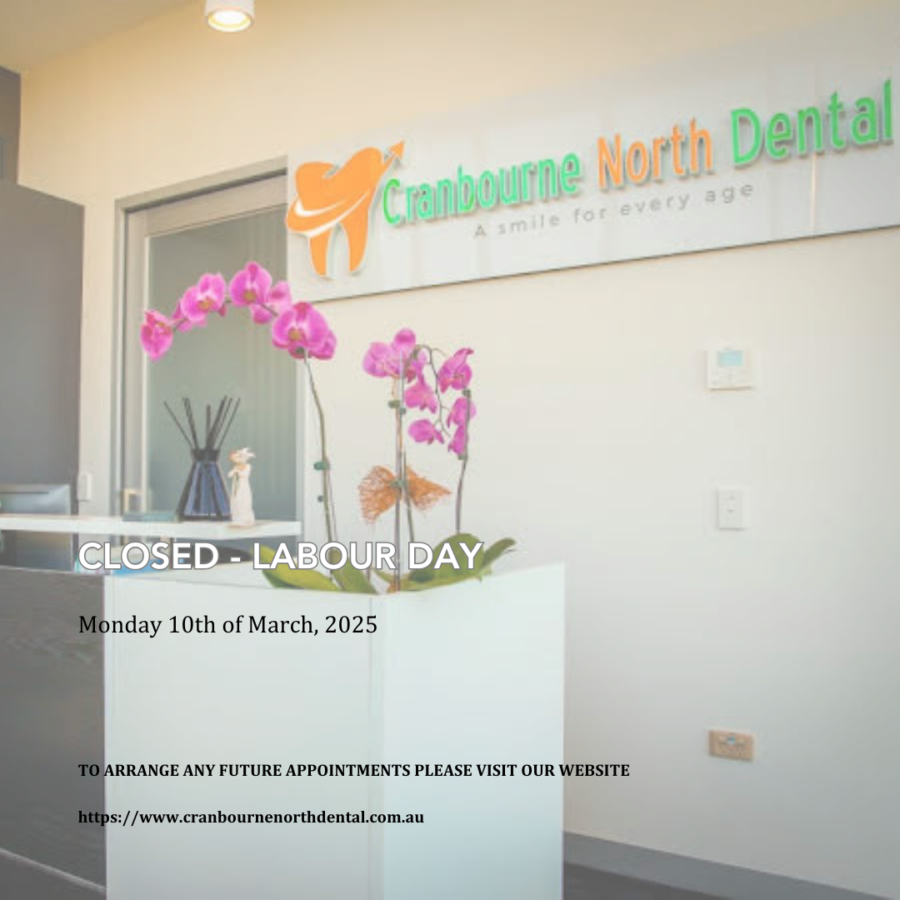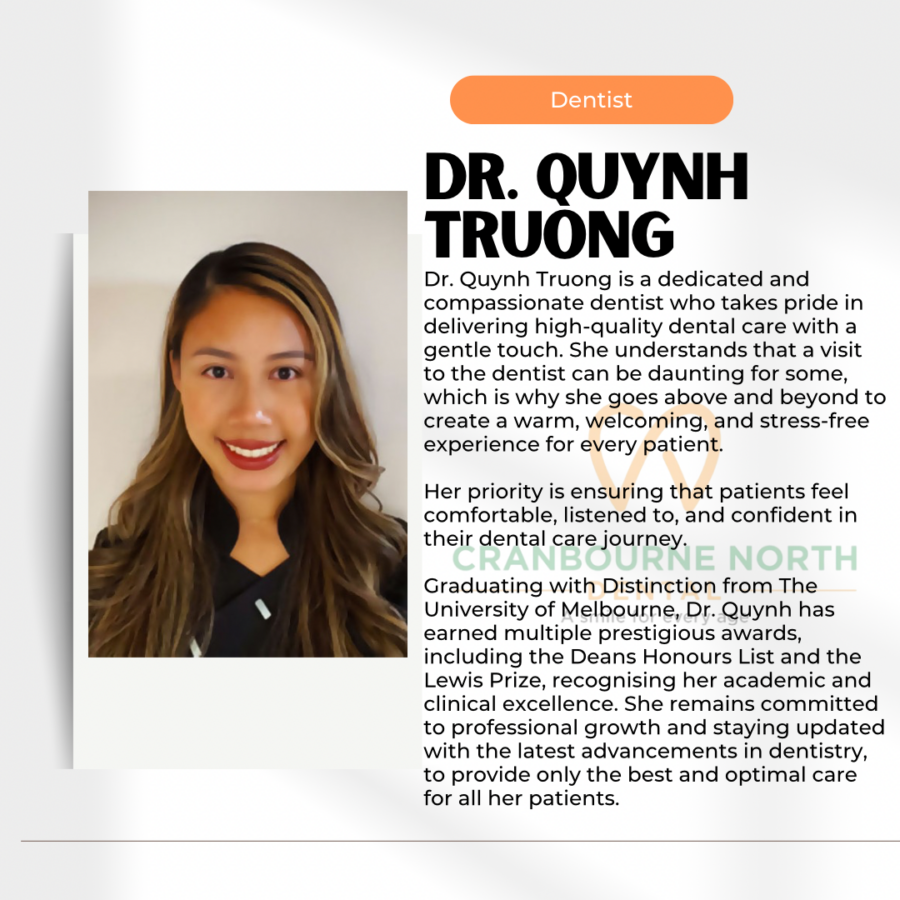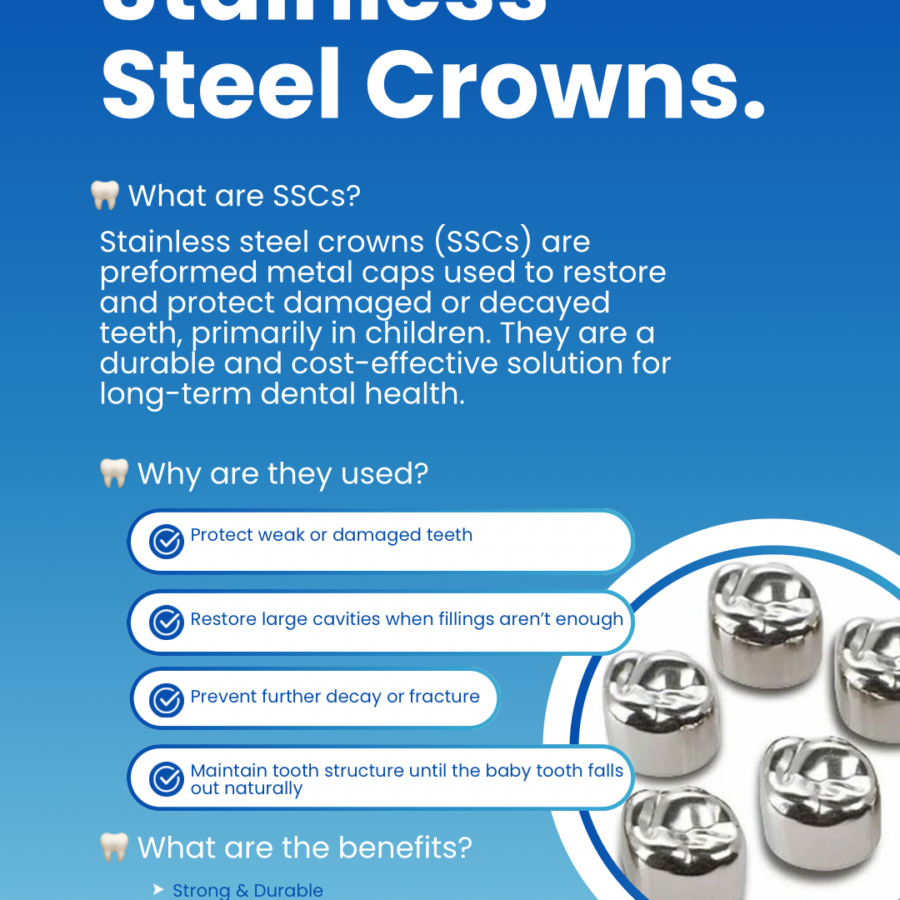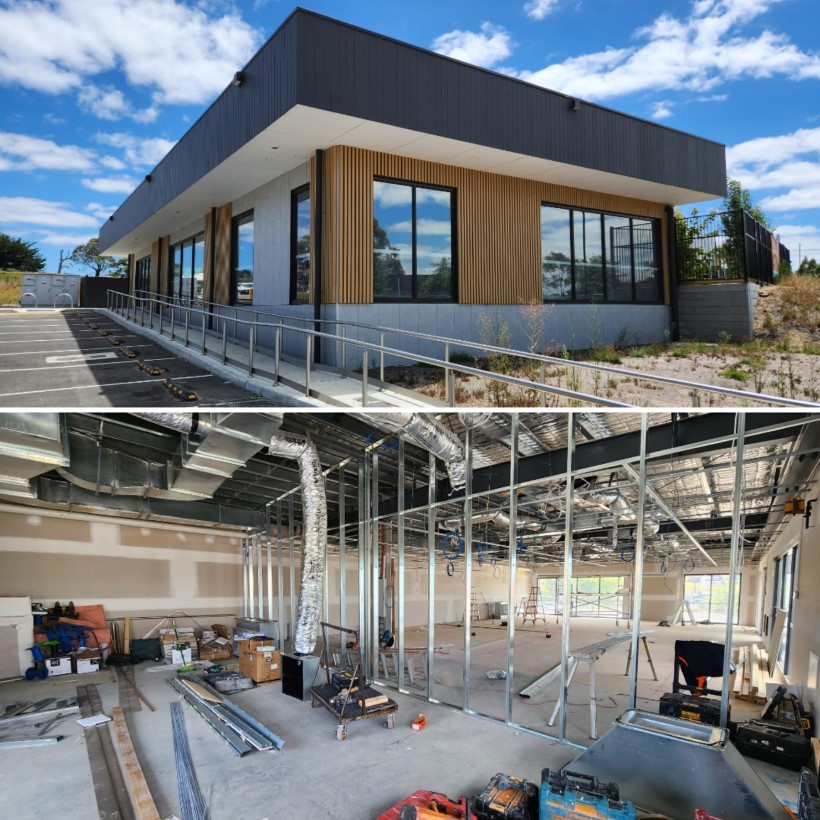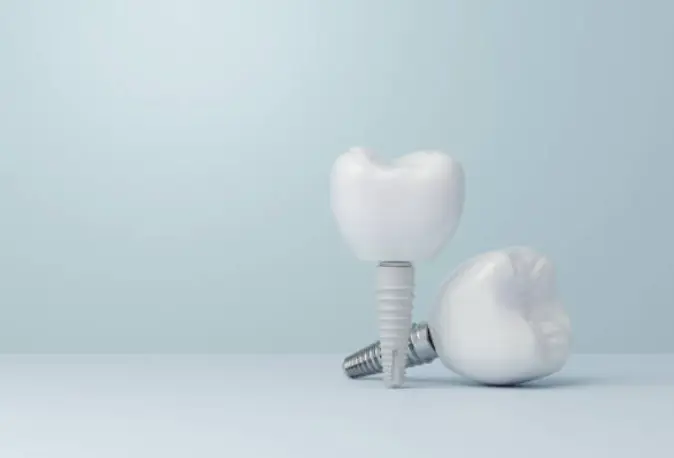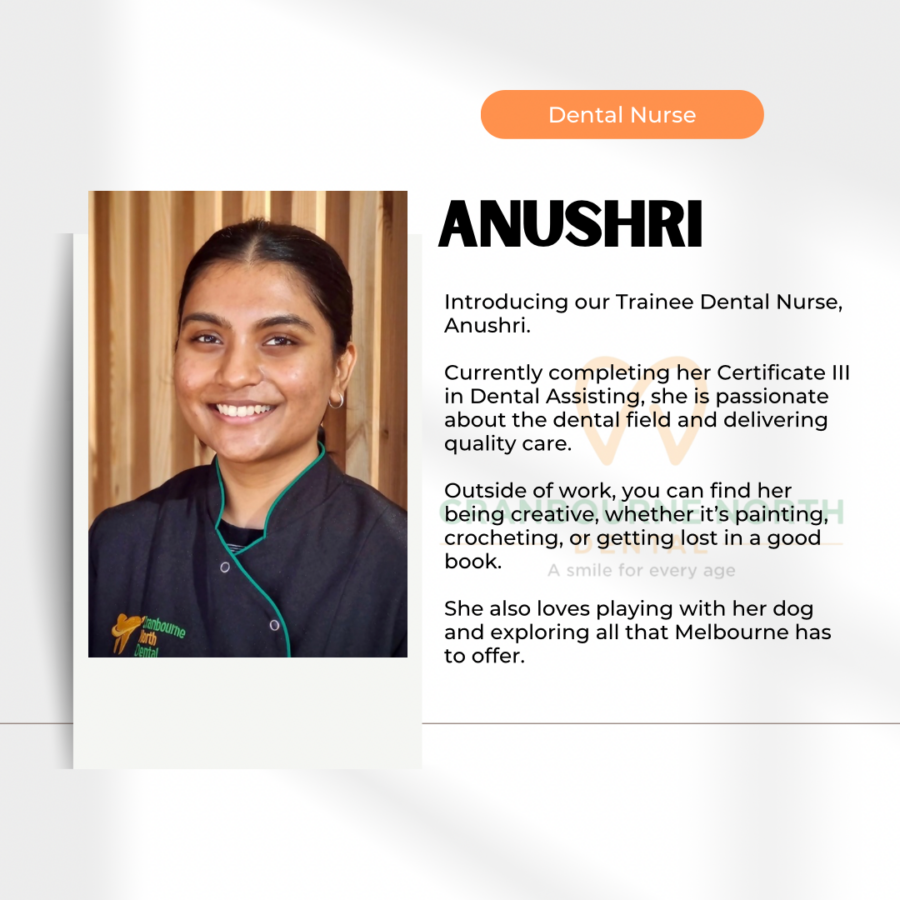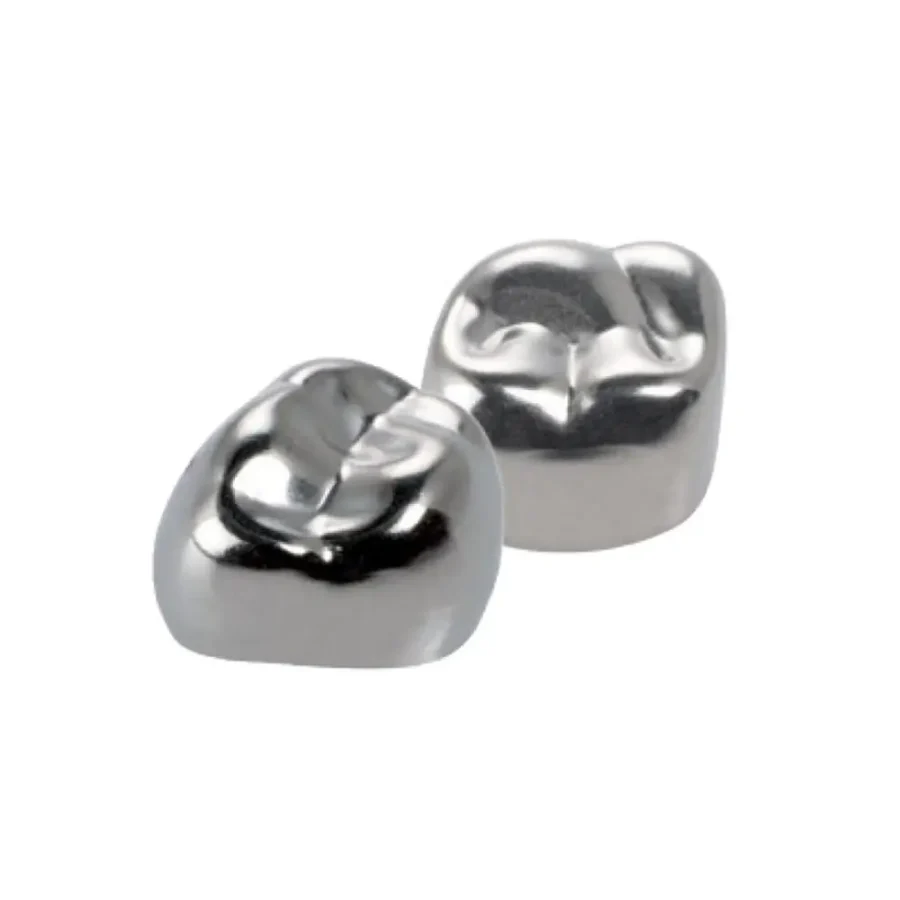What is a cracked tooth?
A cracked tooth (or broken tooth) refers to a condition when a tooth has chipped or fractured which generally results in a “sharp tooth” or at worst, a “toothache“. Cracked and broken teeth often annoy your tongue or cheek. Cracks can vary in size, depth, and location, impacting the tooth’s structure and overall integrity.
Cracked Tooth Syndrome is the dental term used to describe tooth cracks that are causing pain, which is often extremely difficult to localise and treat. Treatment to reduce the risk of a tooth reaching this stage is recommended.
Types of Cracked Teeth
Cracks can be categorised into the following:
Craze Lines
A small hairline cracks in the enamel which are generally painless.
Fractured Cusp
A corner part of the tooth might break away, which generally causes discomfort when the tongue rubs on this area. These generally only cause minor sensitivity, however major cuspal fractures may involve the pulp, resulting in a tooth ache.
Cracked Tooth
A crack extending from the enamel all the way down to the root (but not extending past). If not treated, this could result in tooth loss or a root canal.
Complex Fracture
Aame as above, however this involves the pulp (nerve) and generally causes a toothache.
Split Tooth
A complex fracture that has now divided the crown (top) of the tooth into pieces. The only treatment is tooth extraction.
Vertical Root Fracture
A complex fracture that has divided the roots. The only treatment is tooth extraction.
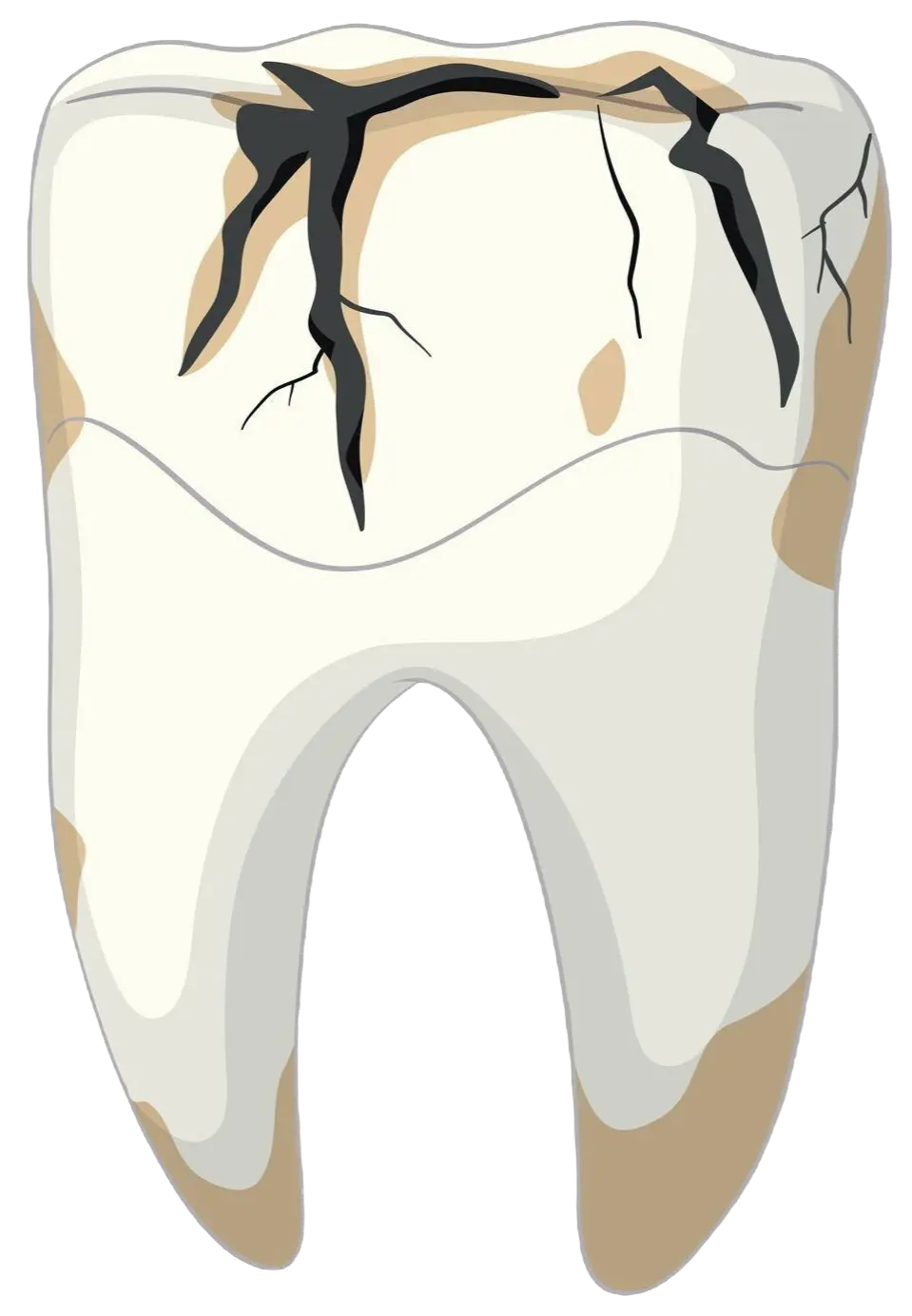

Common Causes of Cracked teeth
Gingivitis or gum disease can be caused by several dental issues including:
Grinding or Clenching (Bruxism)
The most common cause of a cracked tooth is parafunction or Bruxism. Excessive forces when you grind or clench your teeth may result in your tooth cracking.
Large Fillings
It is not uncommon to see old dental work contributing to cracked teeth. Large fillings weaken the tooth as the walls of the tooth are thinner and hence more susceptible to cracking. Amalgam fillings (silver) often can “creep” (expand) with time and can add stress to the walls.
Missing Teeth
When you are missing several teeth, your other teeth will inevitably have larger bite forces on them. This may result in your teeth cracking.
Trauma
Accidents, knocks on your teeth or sport injuries can result in direct trauma to a tooth, often causing fractures or cracking.
Hard Foods
Accidentally chewing on hard foods (eg. nuts, ice, hard candies and even pork crackling) results in excessive pressures on your teeth.
Signs and Symptoms of cracked teeth
Symptoms of teeth with cracks, may include:
Sharpness
Cracked teeth often annoy your tongue or cheek due to the sharp edges of the remaining tooth.
Pain
The most notable symptom of a cracked tooth is a sharp or throbbing pain that can sometimes radiate to the jaw, neck or ear.
Pain or sensitivity when chewing
Sharp or dull pain can be experienced if the sensitive tooth is related to a crack or fracture
Generalised Sensitivity
Exposed inner parts of the tooth due to the crack or fracture may result in temperature sensitivity


Cracked tooth Treatment Options
Gingivitis is readily easily treated – so long you do not delay seeking help.
Bonding or Teeth Fillings
Uncomplicated fractures or cracks may be “filled” with composite resin or other dental materials.
Dental Crowns
For deeper cracks, the recommend option is to crown the tooth. A crown or cap is an indirect restoration (lab-made) that has higher compressive material strength, thus reducing the risk of a tooth splitting.
Root Canal and subsequent Crown
Cracks which have extended into the nerve of the tooth will require root canal treatment to prevent infection of the tooth. A dental crown is placed after the root canal is completed to again reduce the risk of the crack progressing.
Tooth Removal (Extraction)
Occlusal Splint
Grinding guards are often prescribed as an adjunct treatment to help manage cracks in your other teeth
Timely intervention is key to alleviating pain and preventing further complications. So contact us now!
Contact Cranbourne North Dental For Cracked Teeth
If you have a cracked tooth, Cranbourne North Dental can help. Our experienced team will assess your situation, identify the underlying cause, and provide personalised solutions to improve your oral health. Don’t let your broken tooth affect your oral health — schedule a consultation with us today and take the first step towards healthier teeth.
Our Treatments
Frequently Asked Questions
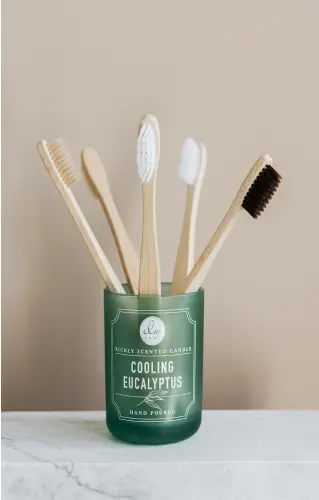
Does a cracked tooth hurt?
Yes and no. It depends on how deep the crack goes!
Should I get treatment if there is no pain?
We would suggest a consult with us as soon as possible. Cracked teeth never get better on their own and often progress to tooth loss if not treated in a timely manner.
Do cracked teeth show up on X-rays?
No, not always, however it is still important to take a base-line X-ray to check for infections.
How much does it cost to fix a cracked tooth?
This entirely depends on the type of treatment you will receive (if any) for your cracked tooth. This may range from no treatment, to a root canal and dental crown.

